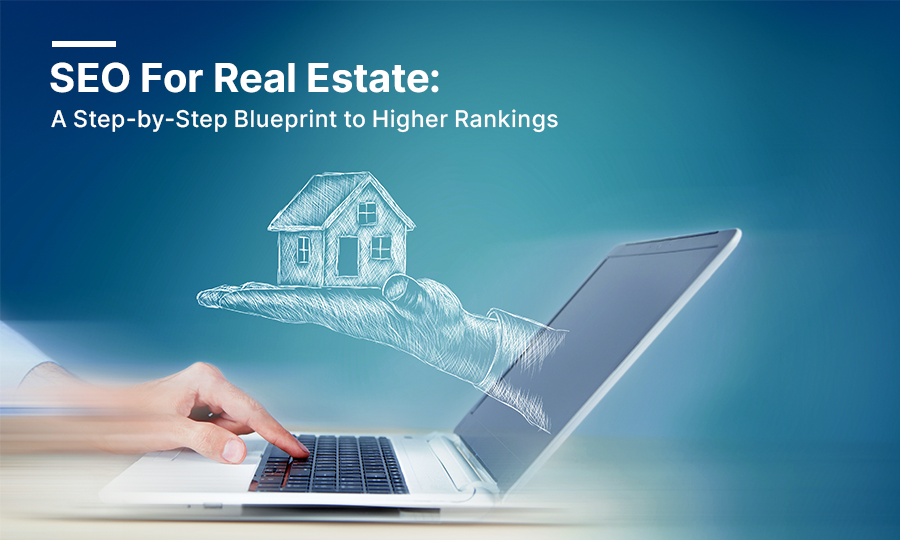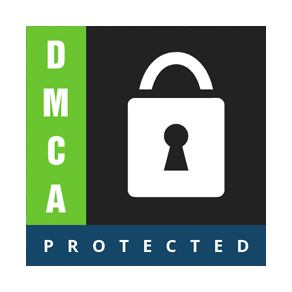In today’s digital-first world, most homebuyers start their journey online—searching for properties, agents, and answers on Google. If you’re not showing up on the first page, you’re losing leads. That’s where SEO for real estate becomes a game-changer.
Ranking #1 for local property searches can bring in consistent, high-intent traffic, increase brand visibility, and drive more qualified leads to your site. Let’s explore how you can get there.
1. What Is SEO in Real Estate?
SEO (Search Engine Optimisation) helps real estate websites rank higher in search results for relevant keywords—especially local terms like “homes for sale in [city]” or “real estate agent near me.”
Key Components:
- On-page SEO: Content, keywords, meta tags, internal links
- Off-page SEO: Backlinks, reviews, citations
- Technical SEO: Site speed, mobile-friendliness, structure
2. Keyword Research for Local Property Searches
Start by identifying what your potential clients are actually searching for. Use tools like Google Keyword Planner, Ubersuggest, or Ahrefs.
Top Local Keyword Examples:
- Homes for sale in [City/Neighbourhood]
- Real estate agents in [Area]
- Buy a house in [City]
- [City] property listings
Tips:
- Focus on long-tail keywords like “affordable homes in Dallas” or “best realtors in Miami”
- Include location-specific phrases on every page
3. Optimise Your Website for Local SEO
Google wants to show local users the most relevant, nearby results. Help your site qualify by optimising it for local SEO.
Essentials:
- Add your business name, address, and phone number (NAP) consistently across the site
- Create location-specific landing pages for each area you serve
- Include local schema markup to help Google understand your site better
4. Set Up & Optimise Google Business Profile
Your Google Business Profile (formerly Google My Business) is key for local real estate SEO.
Must-Haves:
- Accurate contact details and service areas
- High-quality photos of listings and offices
- Regular posts and updates
- Reviews from past clients
Pro Tip: Respond to all reviews (good or bad) to build trust and improve visibility.
5. Create High-Quality, Localised Content
Google loves fresh, useful content that answers users’ questions. Your blog is the perfect place to build that.
Content Ideas:
- Market trends in [City]
- Best neighbourhoods for families in [Area]
- Guide to buying your first home in [City]
- Home valuation tips for [Local Area]
Make sure your keyword and location appear naturally in:
- Page title
- First paragraph
- Headings (H2, H3)
- URL and meta description

6. Build Quality Backlinks & Citations
Backlinks are links from other websites to yours—and they’re one of Google’s top ranking factors.
Ways to Earn Links:
- Get listed in local business directories (Yelp, Realtor.com, Chamber of Commerce)
- Collaborate with local bloggers or news sites
- Write guest posts on home improvement or finance blogs
Also, ensure you’re cited in consistent formats across platforms like:
- Zillow
- Trulia
- Angie’s List
- Facebook Business
7. Make Your Website Mobile-Friendly and Fast
Over 60% of searches happen on mobile. If your site isn’t mobile-friendly, it won’t rank—or convert.
Must-Do Fixes:
- Use responsive design
- Optimise images and compress large files
- Make navigation simple and fast
- Use HTTPS for secure browsing
Use Google PageSpeed Insights or GTmetrix to test and improve your site’s speed.
8. Use Internal Linking & Clear Site Structure
Help both users and search engines navigate your site easily.
Internal Linking Tips:
- Link blog posts to service pages
- Connect neighbourhood pages to listings
- Keep navigation menus clear and intuitive
A well-organised site keeps visitors longer and reduces bounce rate—both great for SEO.
9. Add Reviews and Testimonials
Social proof boosts both your credibility and your rankings.
Tips:
- Ask happy clients to leave Google reviews
- Add testimonials on your homepage or sidebar
- Include schema markup for ratings
Real reviews from local clients help your site rank for branded and service-related searches.
10. Track Your SEO Performance
You can’t improve what you don’t measure. Use tools to monitor traffic, rankings, and performance.
Recommended Tools:
- Google Analytics
- Google Search Console
- Ahrefs or SEMrush
- BrightLocal (for local SEO tracking)
Track keywords like:
- [City] real estate
- Buy a home in [Location]
- Real estate agency near me
Conclusion:
Ranking #1 isn’t magic—it’s strategy. By investing in SEO for real estate, you’ll get more eyes on your listings, more inquiries from serious buyers, and more long-term brand visibility.
Local SEO is your most powerful tool to win in your market. Start optimising now and watch your rankings—and real estate leads—grow.
Read More Tips for Selling Your Home During the Holidays
FAQ’s
It identifies what potential clients are searching, helping you target the right terms to attract qualified traffic.
Backlinks build authority and trust, improving your site’s ranking and visibility in search engines.
Local SEO helps real estate agents appear in local search results, attracting nearby buyers and sellers.






